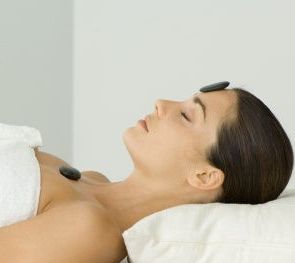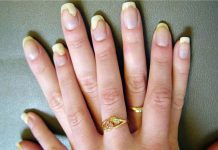The leading UK publication The Economist recently ran an article called Think yourself better, where it was claimed that rather than alternative medicine, it is the power of the mind or the placebo effect that helps to heal and cure people.
For a long time there has been a hue and cry about the British National Health Service funding homeopathy, with many in mainstream medicine calling for the stoppage of this funding. Those in mainstream medicine and pharma want this funding to stop because they supposedly think it is a waste of public money.
 And yet those that use homeopathy and other alternative and complementary medicines will swear by the efficacy of the treatment that they use; which have often worked when conventional medicine has not.
And yet those that use homeopathy and other alternative and complementary medicines will swear by the efficacy of the treatment that they use; which have often worked when conventional medicine has not.
So when the nay sayers argue that it is merely the placebo effect and the power of the mind that is supposed to yield results – as in the cited article, then how do they explain the fact that the placebo effect did not kick in with conventional or main stream medication.
Many who use complementary or alternative therapies do so after having tried and tested other pharmacological options which have not worked for them.
The placebo effect on the human system, where the person thinks they are getting better and therefore they do get better, cannot be denied. The mind is a very powerful thing and in many cases we can ‘think’ ourselves better so it is not the placebo effect that is being denied here.
But to say that all complementary and alternative treatments are placebo (described by the article as “sham medical treatment… pharmacologically inert sugar pill, piece of pretend surgery”) is shortsighted and rigid to say the least.
Another point that the article largely ignores is the fact that alternative therapies, have far fewer side effects when compared with mainstream pharmaceutical medications.
There is a claim made that homeopaths are permitted to make claims about curing problems such as malaria when there is no evidence of this working.
Certainly there is anecdotal evidence to suggest that homeopathy is effective against this and a host of other ailments – and even if it is not, it has still not caused any harm or side effect so why the mainstream medical community is up in arms against alternative and complementary treatments is really a mystery.
If people do benefit, even if it is only from the placebo effect which works for them, they have still done it by the power of their mind and without putting chemicals in their body.
The bottom line is, that each one of us is uniquely different and the one size fits all approach of mainstream medication is limited in its view. This limited view is expanded by complementary therapies which alter to suit the person, and this is the reason for their success.












